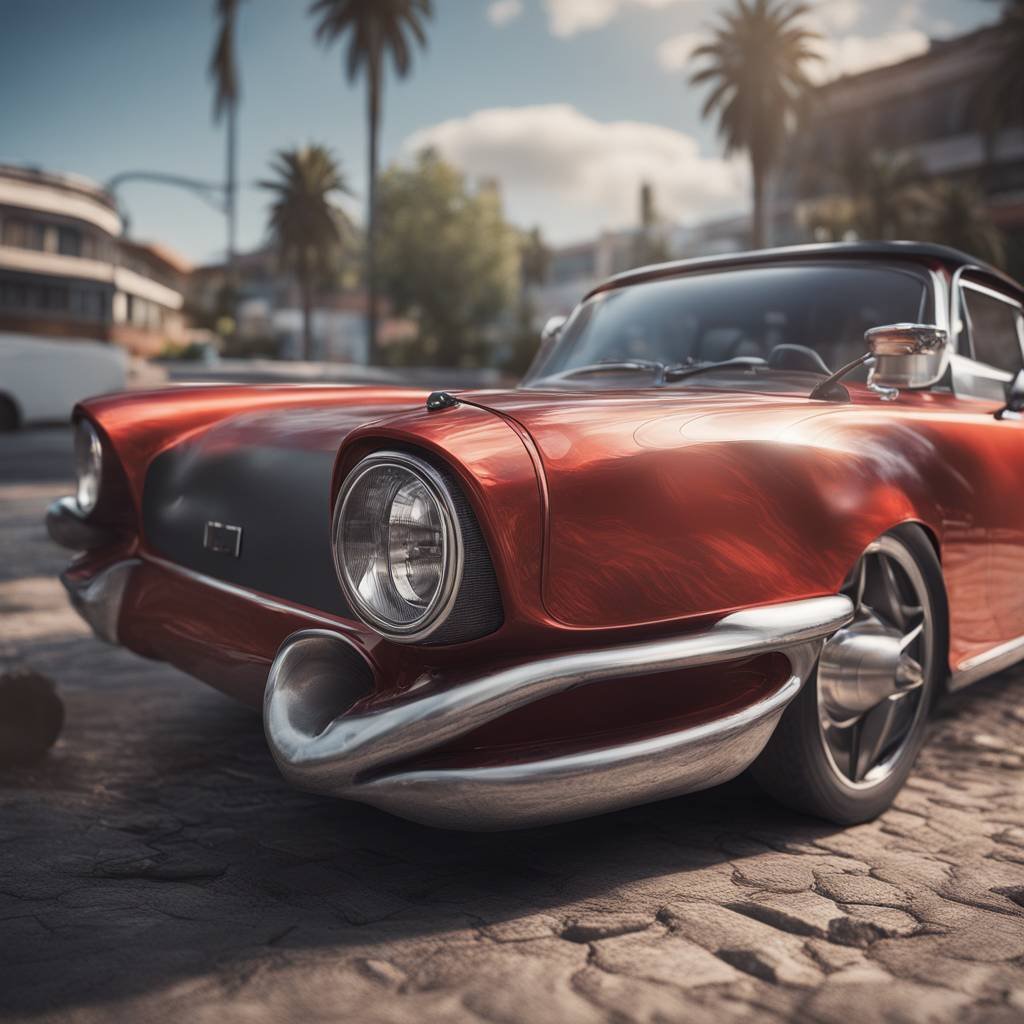Summary
– Electric car reliability is generally low due to legacy automakers new to EV technology or startups new to making cars
– Tesla has proven to be reliable despite some build quality issues
– According to Consumer Reports, electric vehicles have more reliability problems than traditional gas or diesel-powered vehicles
– Some common electric car issues are related to electric drive motors, charging, and batteries
– EV reliability is expected to improve as automakers gain more experience, with Tesla leading the way in reliability among electric vehicles.
Article
Electric vehicle (EV) reliability is a topic of concern for many consumers, with statistics showing that EVs generally have more reliability problems compared to traditional gasoline or diesel-powered vehicles. Plug-in hybrids, in particular, have been noted to have 146 percent more issues on average than their conventional counterparts, while simpler hybrids have 26 percent fewer reliability problems. These statistics highlight the challenges faced by manufacturers who are new to the EV market or are still working out bugs in their vehicles. However, Tesla stands out as a reliable option in the EV market, with its Model 3 and Model Y being recommended by Consumer Reports.
Consumer Reports identifies some common issues reported by electric car owners, including problems with electric drive motors, charging, and batteries. These issues also extend to plug-in hybrids, which combine electric drive with combustion engines. While Tesla’s EV components are generally reliable, the company has been criticized for its build quality issues, such as irregular paint, broken trim, malfunctioning door handles, and trunks that don’t close properly. Despite these concerns, Tesla’s powertrains are considered solid, leading to a relatively positive outlook for the brand in terms of EV reliability.
The Department of Energy suggests that electric vehicles should be easier and less costly to maintain than traditional gas-powered vehicles due to their fewer moving parts. However, EVs are still considered less reliable overall, but this is expected to change as automakers gain more experience in the EV market. Over-the-air updates are also expected to play a role in increasing reliability, reducing the need for frequent trips to dealerships for repairs. While Tesla currently leads the pack in terms of EV reliability, other manufacturers are working to catch up, especially as more established automakers like Toyota enter the EV segment.
One factor that contributes to EV reliability issues is the combination of electric and conventional car components in plug-in hybrids, making them more prone to potential problems. Despite this, there are some standout models in the plug-in hybrid segment, such as the Toyota RAV4 Prime, which has been rated highly in terms of reliability by Consumer Reports. Looking ahead, it is anticipated that EV reliability will improve as automakers become more experienced in producing electric vehicles. With the entry of reliable manufacturers like Toyota into the EV market, it is likely that EVs will become more dependable than traditional gas and hybrid vehicles in the future.
Consumer Reports gathered data from 330,000 owners of vehicles from the last three model years to assess reliability in the automotive industry. The survey covers a range of potential problem areas, including engine, transmission, electric motors, leaks, and infotainment systems, to generate reliability scores for each vehicle. These scores provide valuable insights for consumers looking to make informed decisions when purchasing a new vehicle. Despite the current challenges in EV reliability, the evolving nature of the market suggests that improvements are on the horizon, offering consumers more reliable options in the electric vehicle segment.
Read the full article here


